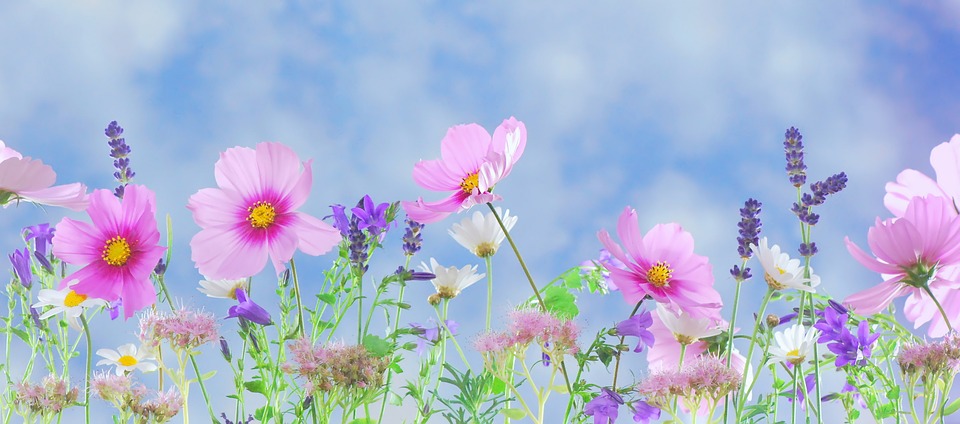As there are sure signs of spring starting to sprout in Vancouver, many people are out working in their gardens, bringing fresh cut flowers into their homes or simply enjoying the many blossoms in the city parks. And although these beautiful plants are enjoyed by us humans, many of them pose a potential threat to our pets; dogs that dig or curious cats may find themselves chewing on the leaves or bulbs of some pretty, but deadly plants.
We have put together a list of some of the most commonly seen poisonous plants to be aware of this spring and summer.
Aloe Vera: Great for soothing burns and minor scrapes, not great for pets to chew on. Symptoms include vomiting, diarrhea, anorexia and tremors.
Baby’s breath: Commonly found in many flower arrangements, can cause vomiting and diarrhea.
Carnations: Although not the most toxic, definitely one of the most commonly bought flowers. Ingestion can cause mild gastrointestinal upset and mild dermatitis.
Daffodils: Already in full bloom, lining every walkway. These sunny flowers can cause vomiting, diarrhea, tremors, convulsions and salivation. The bulbs are the most toxic.
Ivy: Around all year, symptoms include vomiting, diarrhea, abdominal pain and hypersalivation.
Lilies (many varieties): So beautiful, but so very toxic to cats. Even a small amount can cause kidney failure.
Rhododendron: Another early bloomer, these beautiful flowers can cause serious problems if ingested; vomiting, diarrhea, depression, weakness, leg paralysis, recumbency and if untreated coma and death.
Tulips: The bulbs hold the highest concentration of toxin (beware digging dogs!). Symptoms of ingestion include gastrointestinal upset, anorexia, drooling, convulsions and cardiac abnormalities.
From the vegetable garden:
Chives/onions: ingestion can cause vomiting, blood in urine, breakdown of red blood cells, possible kidney damage, weakness, increased heart rate.
Tomato Plant: the plant itself is toxic, as well as unripe tomatoes. Severe gastrointestinal upset, weakness and slow heart rate are a few of the symptoms of ingestion.
Parsley: ocular toxicity
Kale: This dark green superfood is not so super for our pets. As kale is high in calcium oxalate, ingestion could cause kidney or bladder stones.
Apple Tree: While the fruit itself is not toxic, stems, leaves and seeds of the tree are. The seeds contain cyanide. Symptoms include difficulty breathing, panic and shock.
So take care this spring and summer when planting, harvesting or bringing any of these beautiful plants into your home, ensure they are kept well away from your pets reach. If you suspect your pet has ingested one of these plants or any other toxin call your veterinarian immediately. For a more comprehensive list of both toxic and non-toxic plants visit the ASPCA’s website.














